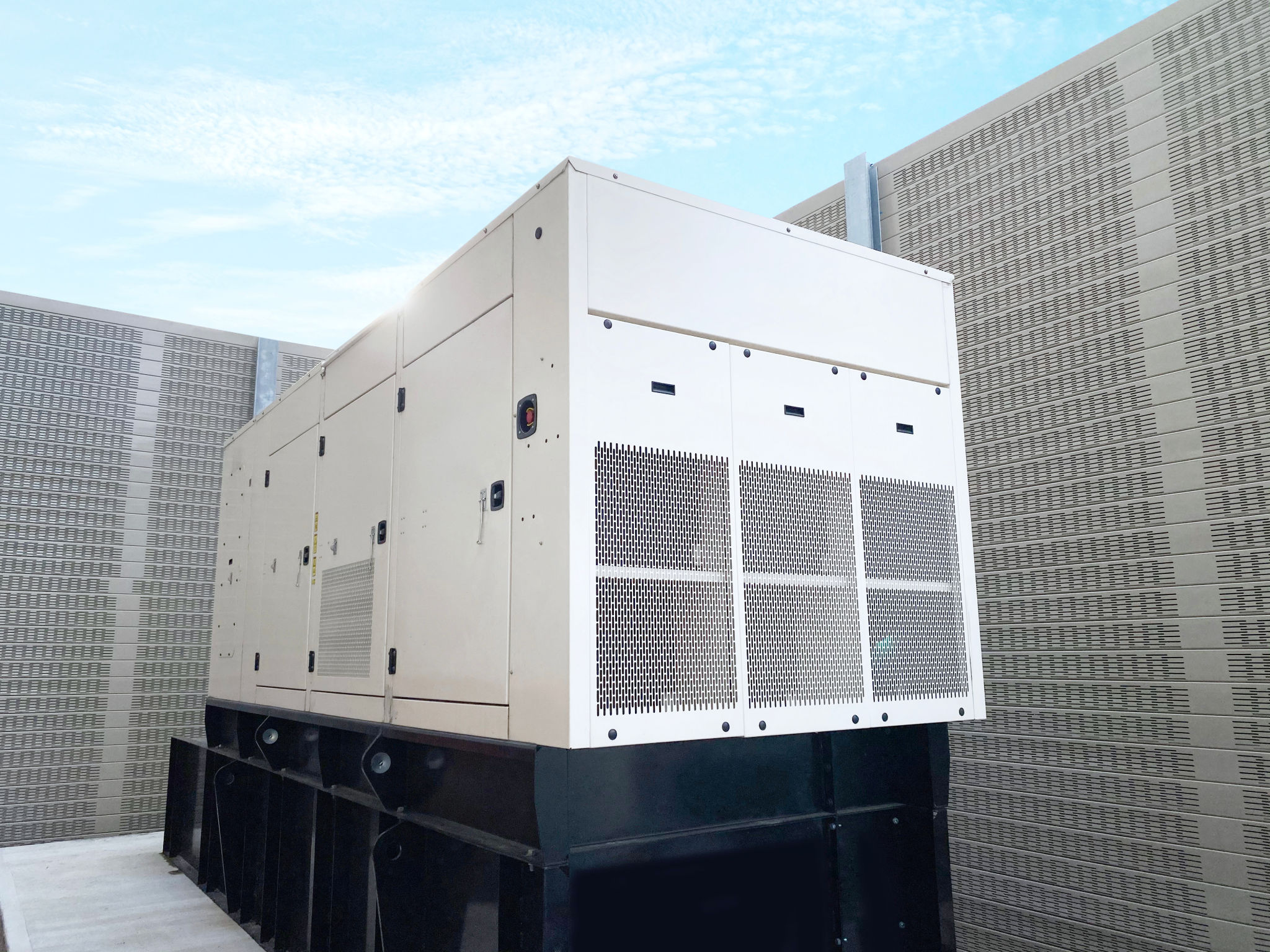Latest Trends in Generator Technology You Should Know
Introduction to Modern Generator Technology
As the demand for reliable power sources continues to grow, advancements in generator technology are crucial for meeting energy needs efficiently. The latest trends in generator technology aim to enhance performance, reduce environmental impact, and integrate with modern smart systems. This post explores the most significant developments in this field.

Hybrid Generators: A Sustainable Solution
One of the most exciting advancements in generator technology is the development of hybrid generators. These systems combine traditional fuel-based mechanisms with renewable energy sources like solar or wind power. Hybrid generators offer a more sustainable and cost-effective solution, especially in remote areas where access to traditional fuels can be challenging.
By incorporating renewable energy, hybrid generators reduce carbon emissions and fuel costs. They are also becoming increasingly popular in residential and commercial applications due to their reliability and efficiency.
Smart Generators: Integration with IoT
The integration of Internet of Things (IoT) technology with generators is revolutionizing how these devices are monitored and controlled. Smart generators offer real-time data analytics, allowing users to track performance metrics, fuel levels, and maintenance schedules remotely. This connectivity ensures that generators operate optimally and helps identify potential issues before they lead to failures.

Fuel Efficiency Improvements
Advancements in engine design and fuel management systems have significantly improved the fuel efficiency of modern generators. Innovations such as variable speed operation and automatic load balancing ensure that generators only consume the necessary amount of fuel based on current demand. This not only reduces operational costs but also minimizes environmental impact.
Variable Speed Operation
Variable speed operation allows generators to adjust their output based on the load requirement, enhancing efficiency and reducing wear and tear on the engine. This feature is particularly beneficial for applications with fluctuating power demands.
Noise Reduction Technologies
Noise pollution is a common concern associated with generators, especially in residential areas or sensitive environments. Recent developments in noise reduction technologies have led to the creation of quieter generator models. Acoustic enclosures, advanced muffler designs, and vibration dampening techniques contribute to a more pleasant user experience.

Portable Generators: Enhanced Mobility
The demand for portable generators has surged, driven by their versatility and ease of use. Modern portable generators are designed to be lightweight yet powerful, making them ideal for camping trips, outdoor events, and emergency backup situations. Enhanced mobility features such as wheels and handles ensure that they can be transported with ease.
Innovations in battery technology have also led to the development of portable battery-powered generators, which provide a cleaner alternative to traditional fuel-based models.
Conclusion: The Future of Generator Technology
The latest trends in generator technology underscore a shift towards sustainability, efficiency, and connectivity. As these innovations continue to evolve, they promise to deliver more reliable and environmentally friendly power solutions. Whether it's through hybrid systems or smart integrations, the future of generator technology looks bright.